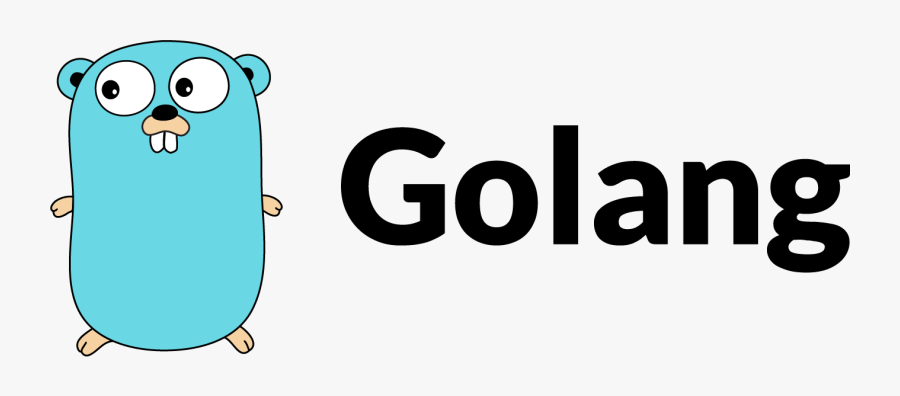Automating boilerplate/scaffolding code with custom code generation in Go

The problem
Let's say we're building a RESTful API and want to be able to produce several errors of the following consistent format. We want to create a specific type per error, so we can more easily write some code like so:
err := NewErrInternal()
if e, ok := err.(*ErrInvalidRequest); ok {
// respond with an HTTP 400 error
}
This switching on errors gives us control as the receiver of an error and process the error accordingly. An alternative for this would be to use a constant error, but that makes it difficult to add more context, or tweak the error message.
This would then mean we'd want to write the following code:
type ErrBadRequest struct {
message string
cause error
}
func (e *ErrBadRequest) Error() string {
return e.message
}
func (e *ErrBadRequest) Unwrap() error {
return e.cause
}
func NewErrBadRequest() error {
return &ErrBadRequest{
message: "There was a problem processing the request",
}
}
func NewErrBadRequestWithMessage(message string) error {
return &ErrBadRequest{
message: message,
}
}
func NewErrBadRequestWithCause(cause error) error {
return &ErrBadRequest{
message: "The was a problem processing the request",
cause: cause,
}
}
func NewErrBadRequestWithMessageAndCause(message string, cause error) error {
return &ErrBadRequest{
message: message,
cause: cause,
}
}
If we have to hand-write this every time we want to add a new error such as ErrNotFound, this will get a little bit cumbersome, and has the chance to lead to missing the addition of new methods, consistency, especially as we're likely to have different error types across the codebase.
Now, because this is fairly consistent between error types, we can actually wrap this into a custom generation tool.
Scoping the solution
Firstly, we want to think about how we want to solve this generation.
In this case, we're going to want to generate multiple errors, so we probably want to introduce a configuration file, of the following format:
output: errors.gen.go
package: errors
errors:
- name: BadRequest
message: "There was a problem processing the request"
# and others!
We'll start by making sure that we invoke go:generate in i.e. pkg/errors/generate.go:
//go:generate go run <insert-module-path>/cmd/error-codegen -config errors.yaml
package errors
This means that when we run go generate ./..., it'll regenerate the code.
Be careful here - we can't use shell redirection, it must be written to file from disk, so this will not work:
// This will not work!
//go:generate go run <insert-module-path>/cmd/error-codegen --config errors.yaml > errors.gen.go
package errors
Now we need to write the code to glue it all together.
We can produce the following script:
package main
import (
"bytes"
_ "embed"
"flag"
"go/format"
"io/ioutil"
"log"
"os"
"text/template"
"gopkg.in/yaml.v3"
)
func must(err error) {
if err != nil {
log.Printf("There was an unexpected error: %s", err)
os.Exit(1)
}
}
//go:embed errors.tmpl
var errorsTemplate string
type config struct {
Package string `yaml:"package"`
Output string `yaml:"output"`
Errors []struct {
Name string `yaml:"name"`
Message string `yaml:"message"`
} `yaml:"errors"`
}
func main() {
configPathPtr := flag.String("config", "", "configuration file")
flag.Parse()
if configPathPtr == nil {
log.Printf("Expected a configuration file, but received `nil`")
os.Exit(1)
}
configPath := *configPathPtr
b, err := ioutil.ReadFile(configPath)
must(err)
var config config
err = yaml.Unmarshal(b, &config)
must(err)
t := template.Must(template.New("errors.go").Parse(errorsTemplate))
var buf bytes.Buffer
err = t.Execute(&buf, config)
must(err)
b, err = format.Source(buf.Bytes())
must(err)
ioutil.WriteFile(config.Output, b, 0644)
}
This then builds on top of the following errors.tmpl:
package {{ .Package }}
// Code generated by error-codegen DO NOT EDIT
{{ range .Errors }}
type Err{{ .Name }} struct {
message string
cause error
}
func (e *Err{{ .Name }}) Error() string {
return e.message
}
func (e *Err{{ .Name }}) Unwrap() error {
return e.cause
}
func NewErr{{ .Name }}() error {
return &Err{{ .Name }}{
message: "{{ .Message }}",
}
}
func NewErr{{ .Name }}WithMessage(message string) error {
return &Err{{ .Name }}{
message: message,
}
}
func NewErr{{ .Name }}WithCause(cause error) error {
return &Err{{ .Name }}{
message: "{{ .Message }}",
cause: cause,
}
}
func NewErr{{ .Name }}WithMessageAndCause(message string, cause error) error {
return &Err{{ .Name }}{
message: message,
cause: cause,
}
}
{{ end }}
This is a fairly straightforward way to produce valid Go code, removing boilerplate and making it simpler to ship code! As we can perform it all through the project, or consume an external, shared, tool, it's pretty handy.
Example code can be found on GitLab.com.
